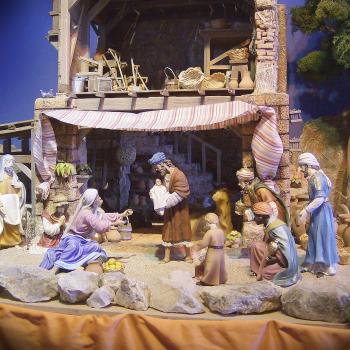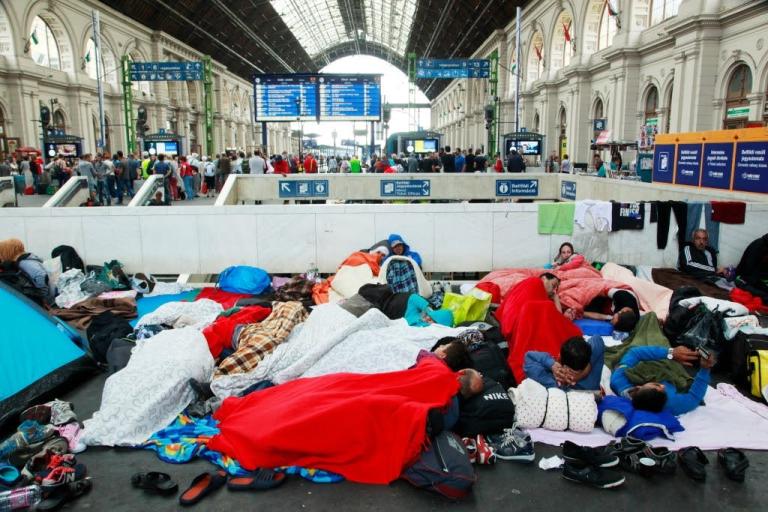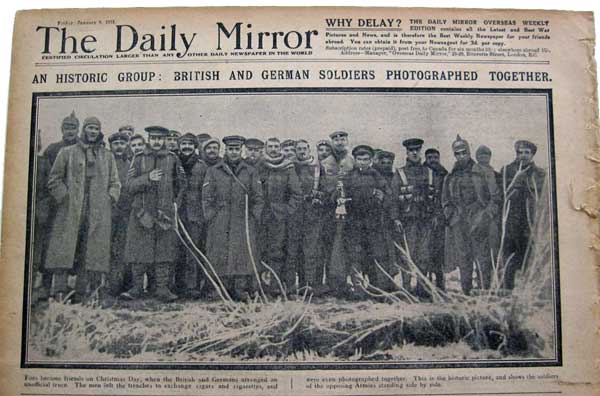not for elementary-age children, and certainly not for adults.
I griped about the Elf on the Shelf a couple days ago, and had mentioned my own experience with my kids: the middle one figured out that Santa wasn’t real on his own, the older one was a bit too credulous and had to be told, and the youngest found out before his classmates because the aforementioned middle child was old enough to figure out Santa, but not old enough to understand “keep quiet about it for your brother.”
My view has always been, in general, that once begins asking things like “how does Santa deliver presents to all those children?” or, more awkwardly, “why did that TV commercial/church announcement ask us to donate Christmas presents to poor children? Won’t they get presents from Santa?” the jig is up.
But lately I’ve been reading articles (no, I don’t have any links, but you know you’ve read these articles, too) about the how and when of children figuring this out, and it feels like more and more parents are determinedly attempting to keep their children “in the dark” for as long as possible. It seems to me that the parents who insist on this are often the ones who don’t offer their children anything else to believe in; that is, they’re secular families who only play Santa at Christmas but have no religious beliefs — but that might be a gross generalization/completely wrong (and, of course, plenty of secular families are determined that their children believe in nothing supernatural at all, ever, and many families of all stripes are now increasingly worried about “lying to” their children).
The other thing that irks me is messages like “Santa Claus is real because: True Spirit of Christmas.” How about, “we pretend Santa Claus brings the presents because we know that when you’re little, you can’t understand about a gift exchange, or how much presents cost, or that parents can’t just buy everything you ask for, so it’s better that you think they magically appear.”
How about you? Will/did Santa Claus visit your home?












